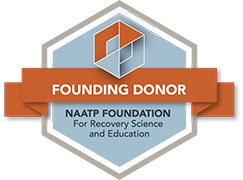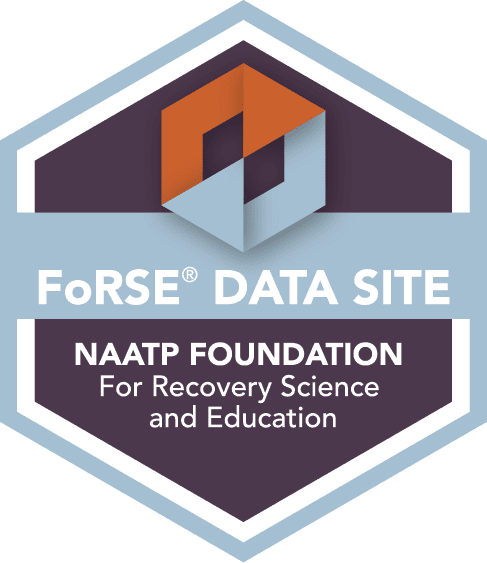
For Families
Extended Care at No Cost
Research shows that when family treatment is provided, loved ones have a greater chance of becoming sober. It is for this reason that we provide services for the family.
Our Clinical Team has designed and full-day Family Education Workshop, which is an integral part of our treatment. This is an educational program that takes place on Saturday every four weeks, where families and loved ones are educated about addiction and how it has affected their lives.
We encourage our guests’ families and loved ones to schedule private family sessions with their therapist. Therapists routinely see all our guests weekly.
We hold Al-Anon Meetings once a month in our beautiful conference room. Here you will meet seasoned Al-Anon family members who can begin to show you how to deal with your loved one’s addiction. Please contact the front desk to find out when the next Al-Anon meeting will be offered.
No additional costs are associated with any of the care we provide to our guests’ families and loved ones. For further information on our family treatment program, please contact us at (860) 927-3772.
Questions to Consider
As you navigate your loved one's recovery journey, these questions can help guide your thinking and conversations:
How can I best support my loved one while maintaining my own well-being?
What boundaries do I need to establish and maintain?
How can I communicate my concerns without being controlling?
What signs of recovery progress should I look for and celebrate?
How can I rebuild trust while protecting myself?
What support do I need for my own healing?
How can our family create new, healthy traditions and activities?
Do's and Don'ts: Supporting Recovery at Home
DO's - How to Help
How can I best support my loved one while maintaining my own well-being?
Remove mood-altering substances from the home.
Learn the warning signs of potential relapse and discuss these openly with your loved one while they're in treatment.
Recognize signs of wellness - Know what healthy recovery looks like and celebrate these positive changes.
Support the treatment plan - Understand that ongoing treatment and 12-step meeting attendance are essential for maintaining sobriety. Learn more about our residential treatment program and continuum of care options.
Support the treatment plan - Understand that ongoing treatment and 12-step meeting attendance are essential for maintaining sobriety. Learn more about our residential treatment program and continuum of care options.
Practice healthy communication - Listen actively, be patient, and remember that trust takes time to rebuild.
Set and maintain healthy boundaries - You are not responsible for your loved one's choices or sobriety.
Take care of yourself - Seek your own support through Al-Anon, therapy, or other family resources. Consider our alumni programs for ongoing support.
Plan sober activities - Find new ways to have fun together that don't involve alcohol or drugs.
DON'Ts - What to Avoid
Don't enable - Avoid making excuses, providing money without accountability, or rescuing your loved one from consequences.
Don't use substances in front of your loved one during early recovery.
Don't expect immediate trust - Understand that rebuilding relationships takes time and consistent actions.
Don't control their recovery - You cannot manage their sobriety; only they can be the guardian of their recovery program.
Don't ignore your own needs - Neglecting your mental health and well-being helps no one.
Don't isolate yourself - Connect with other families going through similar experiences.
Don't give up on communication - Even when conversations are difficult, keep the lines open.
Maintaining Remission at Home
Communication Strategies
Here are some healthy communication tips:









